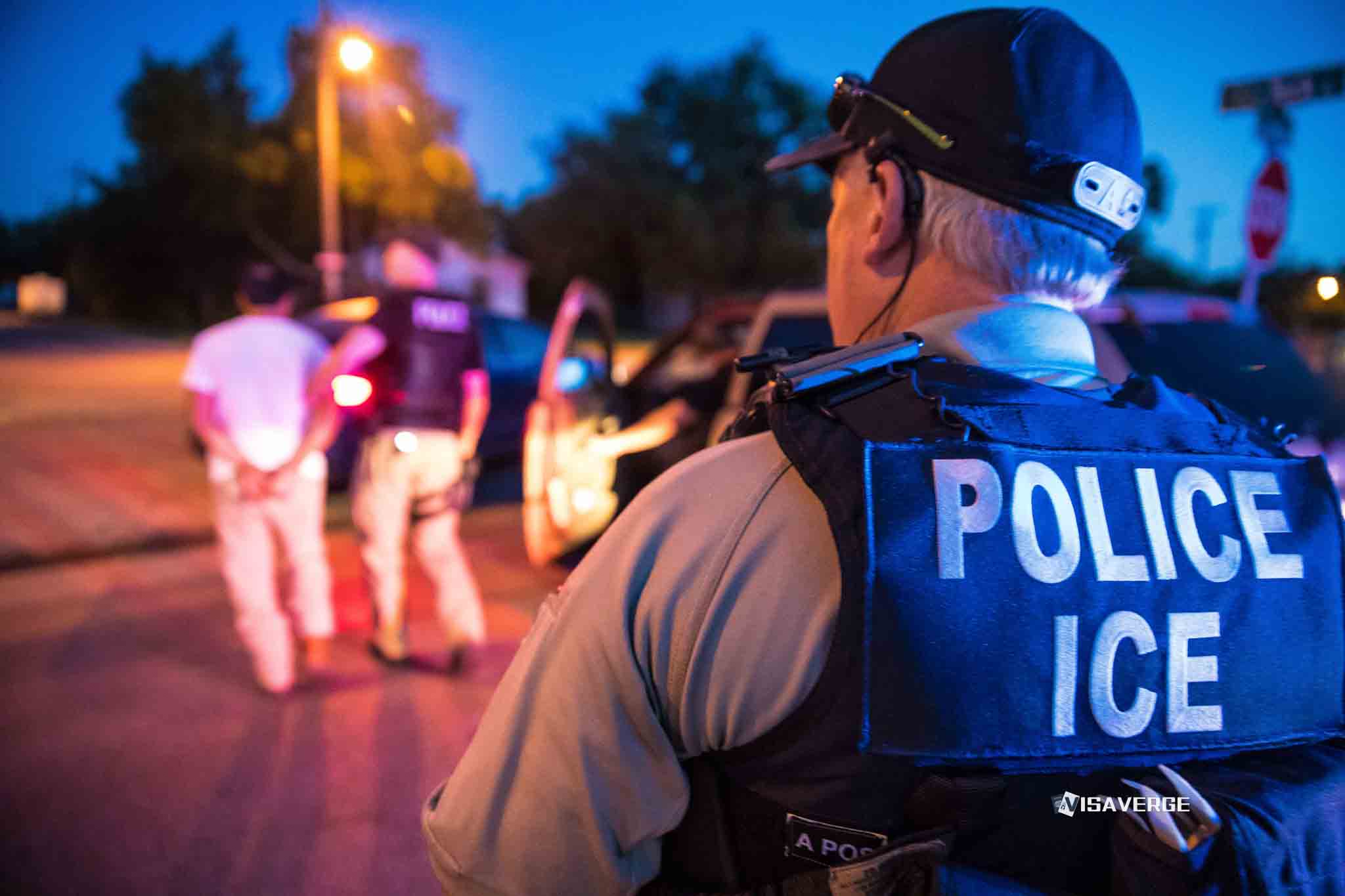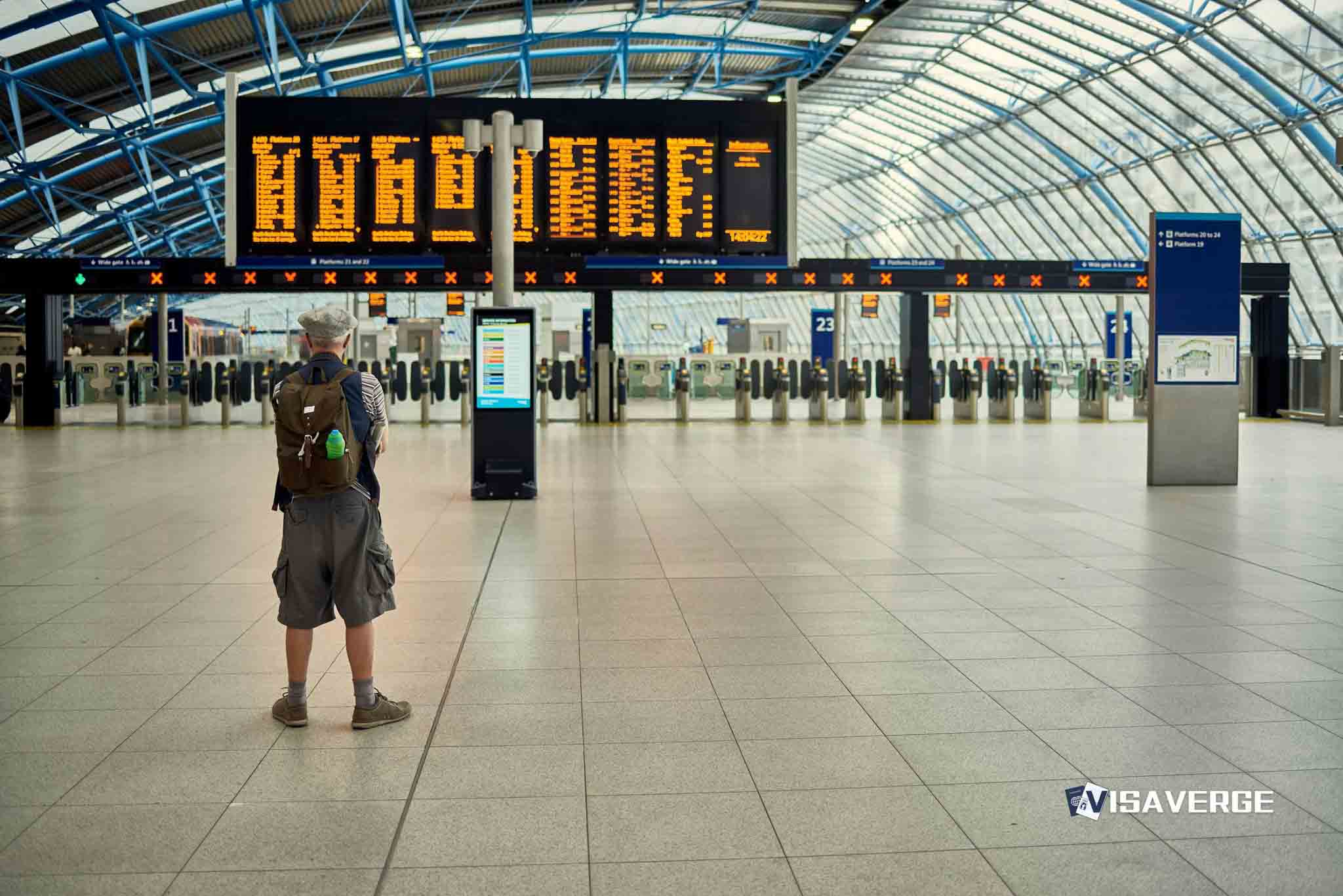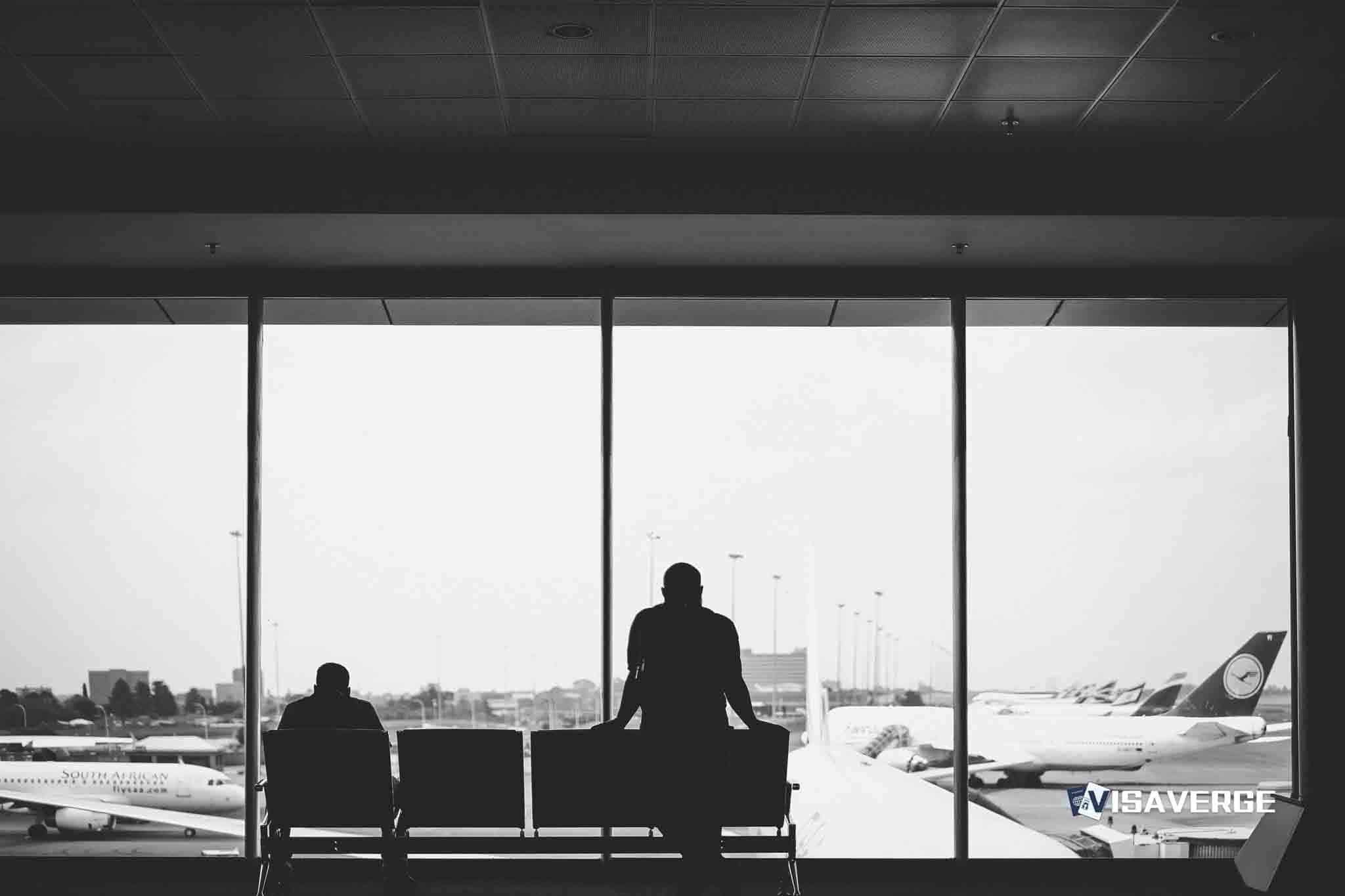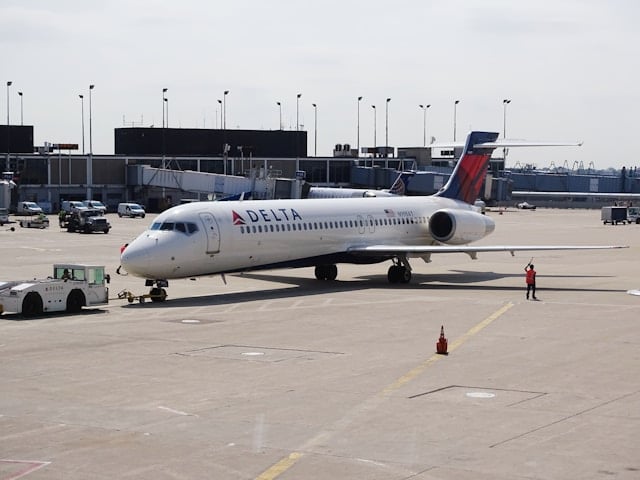The Philippines has formally opened its new Digital Nomad Visa, allowing eligible foreign remote workers to live in the country for up to two years—an initial 12-month stay that can be renewed once for another 12 months. The program rolled out at the end of June 2025 after President Ferdinand “Bongbong” Marcos Jr. signed Executive Order No. 86 in April.
Officials say the visa aims to attract long-stay visitors, boost spending in local communities, and support a growing digital economy centered on hubs like Siargao, Cebu, and Boracay. The Department of Foreign Affairs (DFA) will issue the visas and coordinate implementation and monitoring with the Bureau of Immigration, Department of Justice, and Bureau of Internal Revenue. The Department of Tourism is promoting the program as a safe way for remote workers to base themselves in the Philippines without taking local jobs, while contributing to travel and small business activity.

Key Features
- Maximum stay: Two years (12 months + one 12-month renewal).
- Work restriction: Applicants must work for employers or clients outside the Philippines; no local employment allowed.
- Issuing authority: Department of Foreign Affairs (DFA), coordinated with other agencies.
- Multiple entries: Visa holders may enter and exit the Philippines multiple times while the visa remains valid.
- Processing time: Published expectations are 6–12 weeks.
- Fees: Expected in the $200–$300 range.
- Tax treatment: Visa holders are not considered Philippine tax residents and do not owe local tax on foreign-sourced income—provided they do not work for Philippine-based companies or local clients.
Important: The program is designed to protect local jobs by banning work for Philippine employers or clients. Overstays or violations can lead to penalties or removal.
How to Apply (Overview)
Applicants will either apply online through the official Philippine e-Visa portal (the government has said the portal is launching soon) or file at a Philippine embassy or consulate. The process mirrors many e-visa systems:
- Gather required documents and scan them clearly.
- Submit the application via the Philippine e-Visa portal or at a Philippine embassy/consulate.
- Pay the $200–$300 fee.
- Wait 6–12 weeks for a decision.
- If approved, receive a 12-month Digital Nomad Visa.
- Apply once for a 12-month renewal before the first year ends to reach the two-year maximum.
Eligibility Requirements
According to government briefings and industry summaries, applicants must meet these core conditions:
- Age: 18 or older
- Remote work: Use digital tools to work for an employer or clients based outside the Philippines
- Income: Show steady foreign income. Although no official figure was published initially, several sources expect a threshold of about $24,000 per year (roughly $2,000 per month). Officials are expected to confirm the final amount later.
- Health insurance: Valid coverage for the entire stay
- Criminal record: Police clearance proving a clean record
- Reciprocity: Applicant must be from a country that offers a digital nomad visa to Filipino citizens and has a Philippine Foreign Service Post
- Security: Must not pose a security risk
- No local employment: Cannot work for Philippine employers or serve Philippine clients while in the country
Documents to Prepare
Applicants should prepare the following documents:
- A completed visa application form, submitted online via the Philippine e-Visa portal or through a Philippine embassy/consulate
- Proof of remote employment or self-employment (contracts, employer letters, client invoices)
- Proof of foreign income meeting the expected threshold
- A valid health insurance policy covering the full stay
- A police clearance certificate from the country of residence
- A valid passport
Practical Notes on Income Proof and Costs
- The unofficial income floor near $24,000 per year will likely be used by officers to assess eligibility.
- Income proof usually includes employer letters, bank statements, and recent invoices.
- For fluctuating income, a six- to twelve-month record can demonstrate a steady average.
- Program fees ($200–$300) and relatively modest documentation make this cheaper than some regional programs that charge higher fees or require higher income thresholds.
Impact on Applicants and the Economy
For remote workers, major advantages include:
- Longer stay (up to two years), allowing time to settle, explore islands, and establish routines.
- Favorable tax treatment on foreign-sourced income, as long as no local work is done.
- Legal clarity that reduces risks associated with working on tourist status.
Tourism and local businesses can benefit from steadier spending in rentals, co-working spaces, cafés, and services—especially in places like Siargao and Cebu, where owners prefer longer-term residents to short peak-season bursts.
Analysts (e.g., KPMG) note the program reduces the risk of remote workers operating on tourist visas, which can create enforcement problems. By creating a legal category with clear permissions and limits, the Philippines aims to separate long-stay visitors from the local workforce more cleanly.
Limitations and Trade-offs
- Reciprocity rule: Limits eligibility to citizens of countries that offer a digital nomad visa to Filipinos and host a Philippine Foreign Service Post.
- Infrastructure: Internet connectivity has improved but remains inconsistent on some islands; the government has pledged further upgrades.
- Family rules: Final guidance on dependents has not been issued—this is important for parents considering schooling and healthcare.
- Home-country taxes: Visa holders remain subject to their home-country tax rules (e.g., U.S. citizens must still file U.S. tax returns and may need advice on foreign earned income exclusions and self-employment tax).
Compliance and Monitoring
Officials emphasize compliance with program rules:
- Keep health insurance active.
- Maintain foreign income and avoid local employment.
- Retain copies of contracts, invoices, and proof of foreign income for spot checks or renewal requests.
The DFA, Bureau of Immigration, Department of Justice, and Bureau of Internal Revenue will coordinate checks and publish implementing instructions over time.
Typical Applicant Profile (Examples)
- A software designer paid by a European firm.
- A U.S.-based marketing consultant with international clients.
- A start-up founder whose customers are abroad.
Such applicants might rent in Cebu City near a reliable co-working space, maintain global health insurance, and use the visa’s multiple-entry feature for conferences or family trips.
Regional Context
The Philippines joins other Asian countries with remote-worker visas—Thailand, Indonesia, Malaysia, Japan, South Korea, and Vietnam. Key selling points for the Philippines are:
- Two-year cap
- Simple documentation
- Combination of city amenities and island life
What to Expect Next
Officials are expected to:
- Publish more guidance on dependents
- Confirm an official income threshold
- Share updates on digital infrastructure projects
- Release detailed implementing rules as application volumes increase
For now, eligible workers can plan moves for late 2025 or early 2026, keeping the 6–12 week processing time in mind.
Practical Tips for First-Time Applicants
- Apply early to allow for the 6–12 week timeline.
- Keep health insurance valid and paid up for the entire planned stay.
- Prepare clean, well-labeled PDFs of contracts, invoices, and bank statements.
- Book housing with strong backup internet options (co-working memberships, portable hotspots).
- Avoid local gigs; keep client work and payroll clearly outside the Philippines.
Officials say the goal is simple: welcome remote workers who bring foreign income, respect local rules, and spread their spending across communities. If the government delivers on internet upgrades and family rules, the Digital Nomad Visa could become a stable option in Asia’s remote-work landscape—backed by Executive Order No. 86 and implemented through the DFA in coordination with other agencies.
This Article in a Nutshell
The Philippines’ Digital Nomad Visa (EO No. 86) launched June 2025 allows remote workers up to two years’ stay. Requirements: age 18+, foreign employment, income proof (estimated $24,000/year), health insurance, police clearance, $200–$300 fee, and 6–12 week processing. Local work is prohibited and foreign income is not taxed in the Philippines while compliant.













